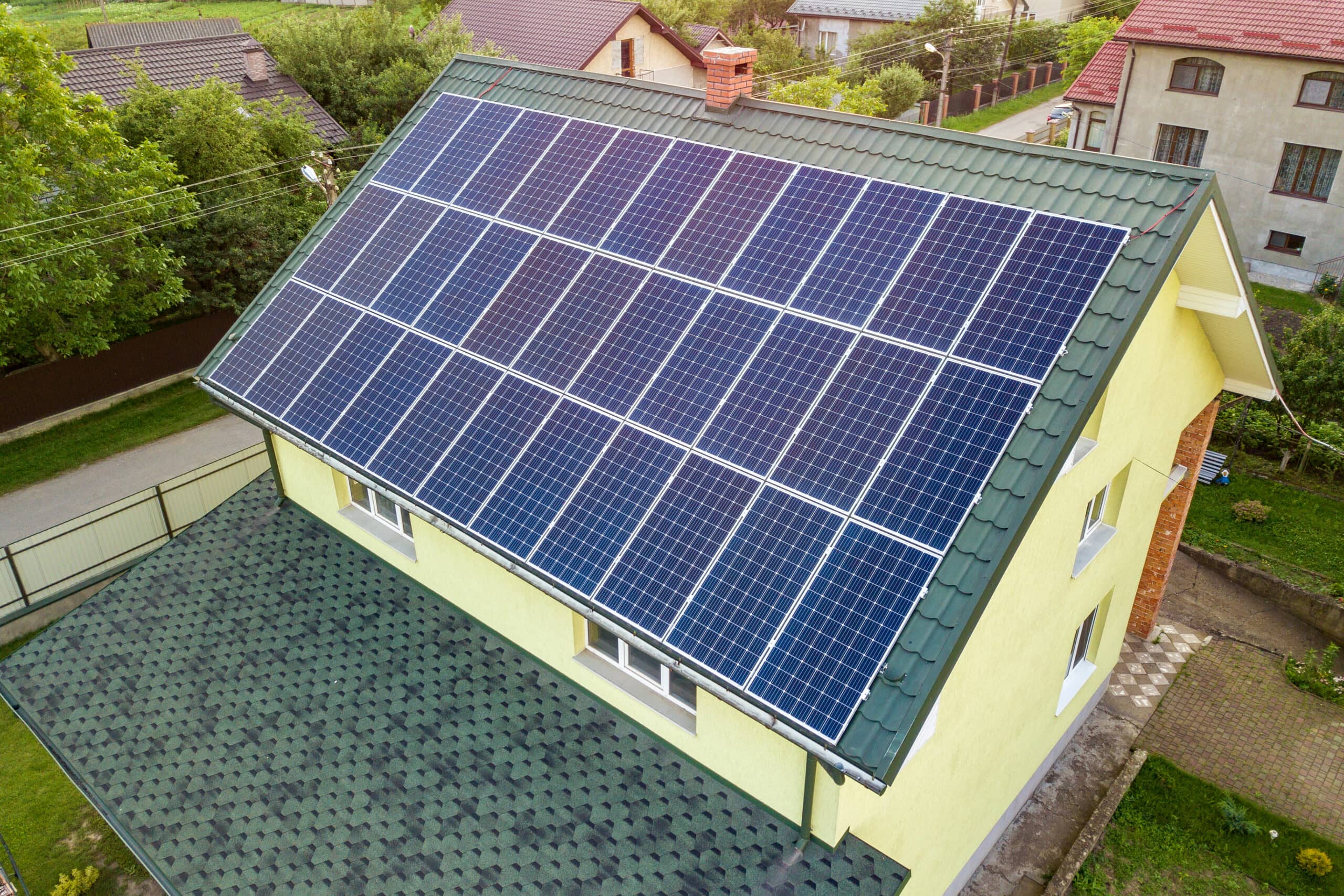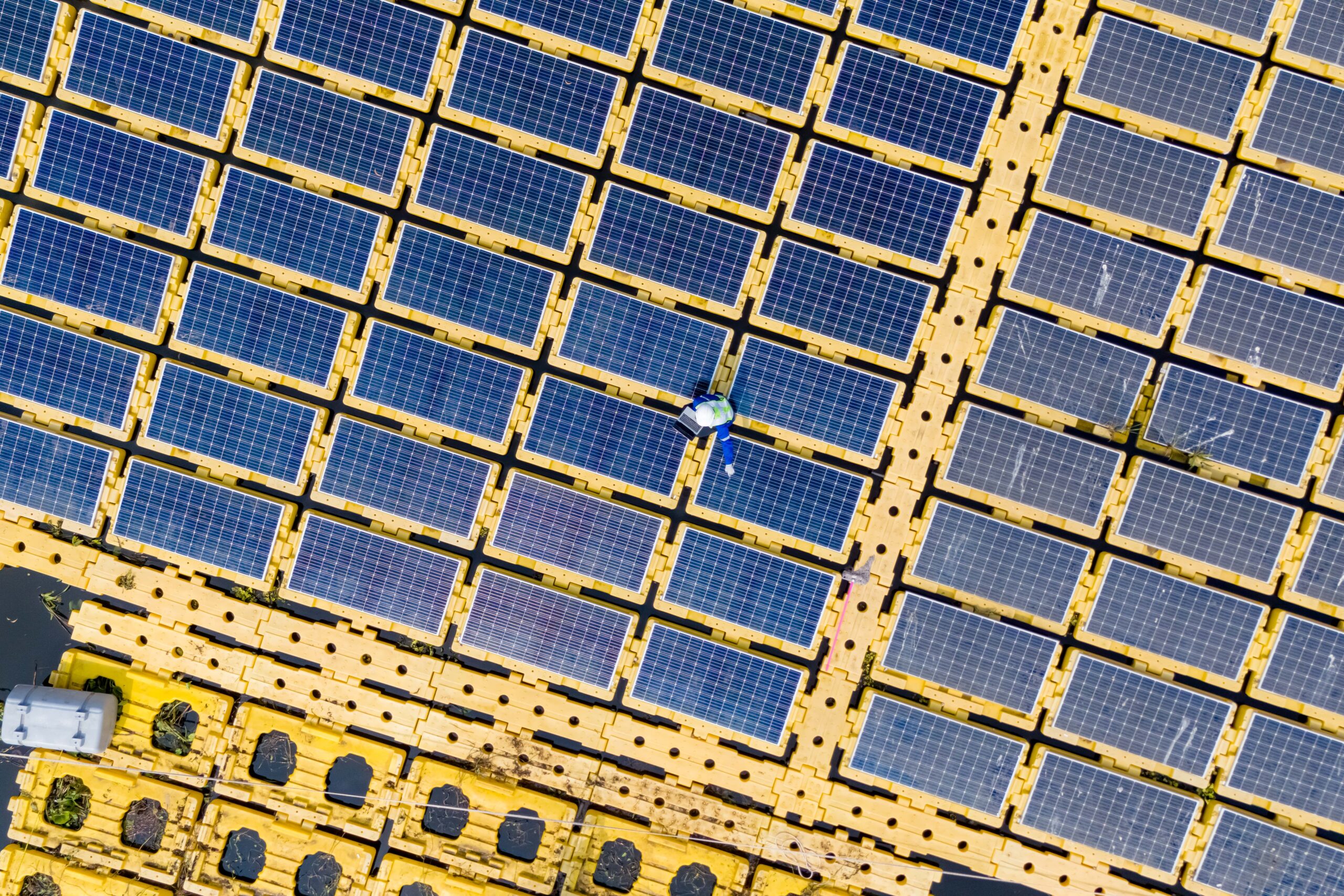As the world battles with the urgent need to address climate change, the shift towards renewable energy sources has become increasingly crucial. Edmonton, known for its forward-thinking approach, has taken a proactive stance on solar energy. This article we get to talk about the recent expansion of Edmonton’s solar rebate program to multi-unit residential properties. By exploring the benefits, implementation strategies, and potential impact of this initiative, we aim to shed light on the city’s commitment to sustainable energy practices.
Edmonton’s journey towards sustainable energy practices began with modest solar rebate efforts to encourage the adoption of solar power among residents. These initial initiatives laid the foundation for a more comprehensive and ambitious approach to renewable energy within the city.
Over time, Edmonton’s solar rebate program has evolved in response to the growing demand for renewable energy solutions. The program has expanded and adapted to meet the increasing interest from residents and businesses alike, reflecting Edmonton’s commitment to fostering a greener and more sustainable future. This evolution highlights the city’s proactive efforts to support and stimulate the adoption of solar energy technologies, ultimately contributing to a more environmentally conscious community.
Edmonton’s recent decision to extend the solar rebate to multi-unit residential buildings was announced to increase solar energy adoption across a broader spectrum of the city’s housing. Despite its promising prospects, the expanded solar rebate program has challenges, particularly in multi-unit installations. Financial and logistical hurdles may arise when implementing solar systems in multi-unit properties, necessitating careful planning and resource allocation. Moreover, technical issues specific to multi-unit properties, such as complex wiring configurations or structural limitations, can pose significant obstacles to successful solar integration.
The announcement detailed that the expanded rebate program includes specific incentives tailored for multi-unit properties, enhancing accessibility and encouraging more extensive participation in the city’s solar initiatives.
Expected outcomes from this expansion include:
- A significant increase in the number of solar installations.
- Contributing to Edmonton’s overall sustainability and climate action goals.
- Fostering community engagement in renewable energy practices.
To qualify for the solar rebate program as a multi-unit residential property in Edmonton, specific requirements must be met:
- Installation of solar panels on the property’s roof or designated area.
- Minimum size or capacity of the solar energy system to be eligible for the rebate.
- Compliance with local building codes and regulations regarding solar installations.
- Submit relevant documentation and permits to ensure the legitimacy of the solar project.
Special considerations or exclusions may also apply to multi-unit properties. For instance:
- Properties with shared or communal spaces may need to address ownership and usage rights related to the solar energy system.
- Exclusions may exist for properties with structural limitations that hinder the installation of solar panels or systems.
- Additional requirements for properties undergoing renovations or significant modifications that impact solar installation feasibility could be in place.
If you’re a property/homeowner looking to apply for the solar rebate program in Edmonton, the following steps are involved in the application process:
1. Initial Assessment: Property owners should conduct an initial assessment to determine the feasibility of installing a solar energy system on their property. This may involve evaluating the roof space, sunlight exposure, and potential energy production.
2. Consultation: Seek guidance from solar energy experts or contractors to assess the property’s specific requirements and obtain quotes for the installation.
3. Submission of Application: Property owners must submit an application form to the designated city department overseeing the solar rebate program. The form typically includes details about the property, the proposed solar system, and contact information.
4. Review Process: The city will review the application to ensure it meets the program’s criteria and eligibility requirements. This may involve site visits or additional documentation requests.
5. Approval and Installation: Property owners can proceed with installing the solar energy system upon approval. It’s essential to comply with all building codes and regulations during installation.
NOTE THAT:
You should be aware of any application deadlines the city sets to qualify for the rebate program within a specific time frame.
Required documentation may include:
- Property ownership proof.
- Detailed solar system specifications.
- Permits.
- Any other relevant paperwork to support the application.
By following these steps and providing the necessary documentation within the specified deadlines, you can smoothly navigate the application process and take advantage of Edmonton’s solar rebate program.
The expanded solar rebate program in Edmonton offers a compelling combination of environmental and economic benefits. By encouraging the installation of solar energy systems, the program actively reduces greenhouse gas emissions, contributing to Edmonton’s sustainability goals and a greener future. Property owners and tenants also benefit from substantial financial savings through reduced energy bills. The potential increase in property value further stimulates participation, creating a win-win situation for residents, the real estate market, and the environment.
On a social level, the expanded program fosters a sense of community empowerment and environmental stewardship. Residents now have greater access to renewable energy sources, empowering them to make sustainable choices that benefit their households and contribute to the larger goal of community-wide sustainability. The program nurtures a culture of environmental responsibility and collective action by promoting renewable energy adoption and sustainable practices.
Edmonton’s expanded solar rebate program is designed to maximize its impact through collaborative efforts and robust support mechanisms. The program leverages partnerships with local solar energy companies to facilitate the seamless installation of solar energy systems, tapping into their expertise and resources to ensure efficient implementation. Additionally, the program benefits from essential support mechanisms the city government provides, which plays a pivotal role in streamlining processes, offering guidance, and fostering a conducive environment for solar adoption.
Despite its promising prospects, Edmonton’s expanded solar rebate program has challenges, particularly in multi-unit installations. Financial and logistical hurdles may arise when implementing solar systems in multi-unit properties, necessitating careful planning and resource allocation. Moreover, technical issues specific to multi-unit properties, such as complex wiring configurations or structural limitations, can pose significant obstacles to successful solar integration.
In addition to these proposed solutions, you can benefit from the program’s available support and resources, including informational workshops, educational materials, and access to solar experts for guidance and troubleshooting. By offering comprehensive support and tailored solutions, Edmonton’s expanded solar rebate program empowers property owners to overcome challenges, embrace renewable energy solutions, and contribute to the city’s sustainable future.
Similar solar programs have been making waves in cities like Vancouver, Toronto, and Calgary. They’ve been focusing on boosting solar installations in residential and commercial properties, aiming to reduce carbon footprints and promote renewable energy.
These cities have seen an increase in solar adoption rates, leading to a decrease in greenhouse gas emissions. Key lessons learned include the importance of community engagement, streamlined permitting processes, and financial incentives to encourage participation.
Early adopters in Edmonton have shared their positive experiences with transitioning to solar energy. They’ve highlighted benefits such as reduced energy bills, increased property value, and a sense of contributing to a greener environment.
Properties that have embraced solar energy in Edmonton have witnessed a decrease in their reliance on traditional energy sources, leading to long-term cost savings and environmental benefits. Additionally, these properties have become role models in the community, inspiring others to follow suit.
The expansion of solar initiatives in Edmonton aligns with the city’s long-term vision of becoming more environmentally friendly and reducing its carbon footprint. By increasing the adoption of renewable energy sources like solar power, Edmonton aims to create a cleaner and greener environment for its residents.
Edmonton may consider expanding its solar programs to reach more residents and businesses, potentially offering additional incentives such as rebates or tax credits to encourage further adoption. These incentives can help make solar energy more accessible and attractive to a broader audience.
Over the next few years, Edmonton may set ambitious goals for increasing solar energy adoption rates among its community members. These goals could include targets for the number of new solar installations, energy savings achieved through solar power, and reductions in greenhouse gas emissions.
To all multi-unit property owners in Edmonton, now’s the time to seize the opportunity and embrace solar energy initiatives. By participating in the program, you can reduce energy costs and contribute to a more greener and eco-friendly community.
Renewable energy initiatives play a crucial role in urban settings like Edmonton. By promoting the adoption of solar power and other renewable sources, cities can significantly reduce their carbon footprint, mitigate climate change effects, and create a healthier environment for current and future generations.
Remember, the journey towards a greener future starts with each of us taking small steps that collectively make a significant impact.




